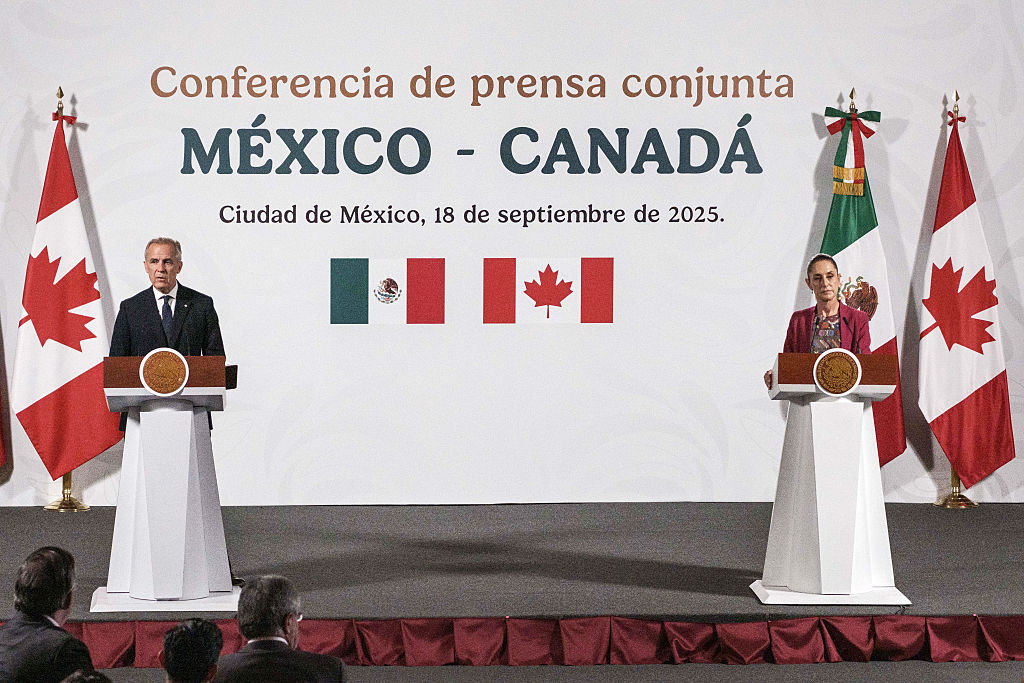Helping Small Businesses Start Up and Stay Up: A Key to Immigrant Integration
Helping Small Businesses Start Up and Stay Up: A Key to Immigrant Integration
Migrants, who are 30 percent more likely to start a business than non-immigrants, can play a crucial role in reinvigorating the U.S. economy, according to this first article in Western Union’s three-part series.
In 2006, it was estimated that one in eight Americans were immigrants.1 If current trends continue, the foreign-born population in the United States will continue to grow, by some estimates as much as 30 to 50 percent. Immigrant integration stands to be one of the most important policy issues this generation will face, in the United States and in countless countries around the world.
The dialogue around this critical issue already has evolved significantly. As recently as 2004, the role of undocumented migrants was a major focus of the ongoing and often controversial U.S. immigration debate. Today, the discourse has become less shrill and more productive. There is growing recognition of the positive social and economic impact of the world’s mobile workforce, and many see migrant integration as an area of common ground.
As Michele Manatt noted in Viewpoints Americas last month, “In less than three years, local decisionmakers and business leaders have evolved from decrying the growth of [Nashville’s] immigrant population to now embracing the importance of an immigrant-friendly city.” She goes on to issue a much-needed call to action around migrant integration.
The newest arrivals to any community often bring with them a unique entrepreneurial drive and ability to make a significant economic contribution, to their families, local communities, and society as a whole. However, regardless of their educational levels or abilities, too many in migrant communities may potentially be destined for low-wage jobs with little upside reality. If this happens, we will have allowed a massive underclass to emerge. Now is the time, when we must collectively help identify bold new ways of building pathways to opportunity, and small business support can play an important role.
It is widely recognized that small businesses are a critical part of the U.S. economy. In 2007, the U.S. Small Business Administration (SBA) estimated that small businesses employed half of all private sector employees, generated 60 to 80 percent of new jobs annually, and provided half of the nation’s real gross domestic product.2 Yet, many are surprised to learn that migrants make up 12.5 percent of U.S. business owners and are 30 percent more likely to start a business than non-immigrants. In 2008, migrant-owned businesses generated $67 billion, or 11.6 percent of all U.S. small business income. This could be a growing trend: the 2007 Global Entrepreneurship Monitor study showed a rise in entrepreneurship among migrants, particularly Latin Americans in the United States.
On the other hand, ambition and hard work are not enough: half of all small businesses fail within the first five years. Challenges facing small businesses are not limited to a difficult economy or access to capital, but also include the need for the know-how and guidance that enable a business to thrive. So what is the future? The good news is that there are a number of strong models to follow.
For example, since 2006 Western Union has supported the creation and development of the National Hispanic Business Information Clearinghouse (BIC). The BIC is a multilingual, Internet-based resource that provides small business tools, money management resources, and technology training for entrepreneurs. Since its inception, more than 3 million people have accessed the BIC, which is localized and easily understandable for new Americans as well as long-time residents. Despite, or perhaps because of the down economy, the BIC has seen a 50 percent growth in the use of its services since the fourth quarter of 2008.3 In June of this year, Mayor Michael Bloomberg embraced the BIC as one of New York City’s five pillars to build economic opportunity for a diverse and entrepreneurial migrant community.
Support for small businesses can be a powerful way to simultaneously promote economic opportunity and foster cultural inclusion. The tools offered by resources such as the BIC are a means for new Americans to realize the universal dream of stronger communities and better lives. Yet, these resources must be backed by new public and private policies that seek to strengthen the economic base of this country by specifically targeting migrants as deserving support.
Small businesses have strengthened the fabric of U.S. communities, fostering economic opportunity, increasing the availability of jobs and reinvesting in the societies they serve. The challenge which faces us all—policymakers, community members, advocates and skeptics alike—is one of thoughtful insight and creativeness. Our collective determination to support small and migrant-owned businesses in starting-up and staying up may be one of the keys to getting the U.S. economy back on its feet.
Our policies and actions—our willingness to craft thoughtful new approaches to issues of shared concern—can establish new reasons for hope and opportunity. And possibly, these innovative approaches may help spark one of the most committed and productive classes of Americans this country has ever known.
Fred Niehaus is Senior Vice President, Global Public Affairs for The Western Union Company. This Viewpoint is the first in Western Union’s three-part series.
1 Jeffrey Passel and D'Vera Cohn “Immigration to Play Lead Role in Future U.S. Growth.” Pew Research Center.
2 United States Small Business Administration.
3 Drawn from interview on June 16, 2009, with Sal Gomez, Business Information Clearinghouse.








